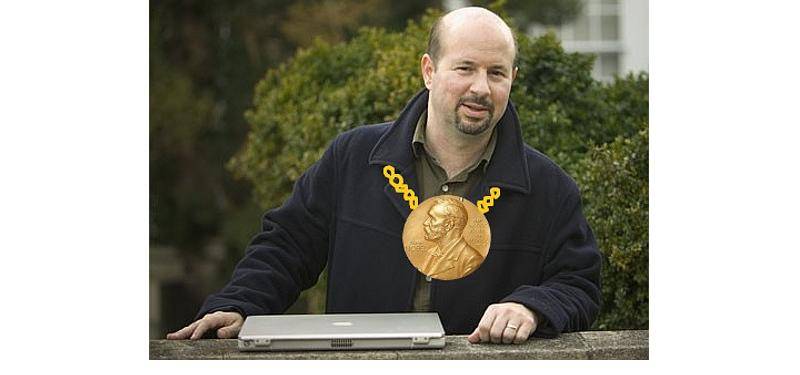- May 20, 2009
- 144,244
- 66,554
- 2,330
I have seen the proof CO2 in enclosed environemnts raises heat retention. To deny it is pretty silly.
What you have seen in a closed environment is a demonstration of the heat of compression. In a closed bottle, the gasses can't expand when exposed to the heat and as a result, warm more than would be expected from the heat source alone due to the compression. CO2 being a heavier gas than standard air warms more because more compression is taking place in that jar than in the air jar. The heavier the gas is, the more heat is generated via compression. If you do the same experiment with a valve to keep the pressure equalized with the outside, then a jar filled with CO2 won't warm anymore than a jar filled with air.
What is silly is to be fooled by a scam. When you go to a magic show, do you really believe you see hankerchiefs being turned into doves and tigers disappering from one place and appearing in another?
Take a few minutes and look up and read about heat of compression and stop being a dupe. You might also familiarize yourself with the ideal gas laws. If you had any sort of grasp of them, then you wouldn't be fooled by the greenhouse in a jar type experiments.
Now I suppose we can liberally interpret things and find a way to say the earth works under a different set of rules as it is round or whatever. But at least that is a thought. Also it is fair to question how much a difference out ppm have made.
No difference at all. As I said, if you had a pressure release valve in the jar, a jar of CO2 would be the same temperature as a jar of air no matter what the PPM of CO2 was in the jar. CO2 can't cause warming in an open atmosphere.
SSDD, you constantly make statements without anything at all to back them up. Others on this board offer the statements and work of real scientists to show what backs up their statements. You offer nothing, and that is the value of your statements.

"You tell 'em!" -- Michael Mann, a "real" Scientist



